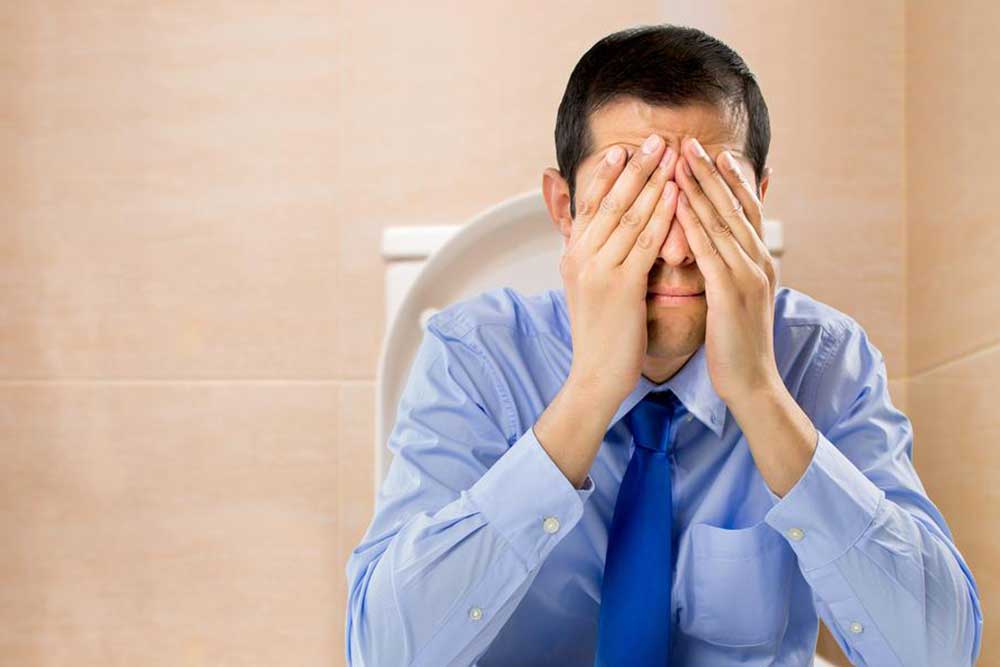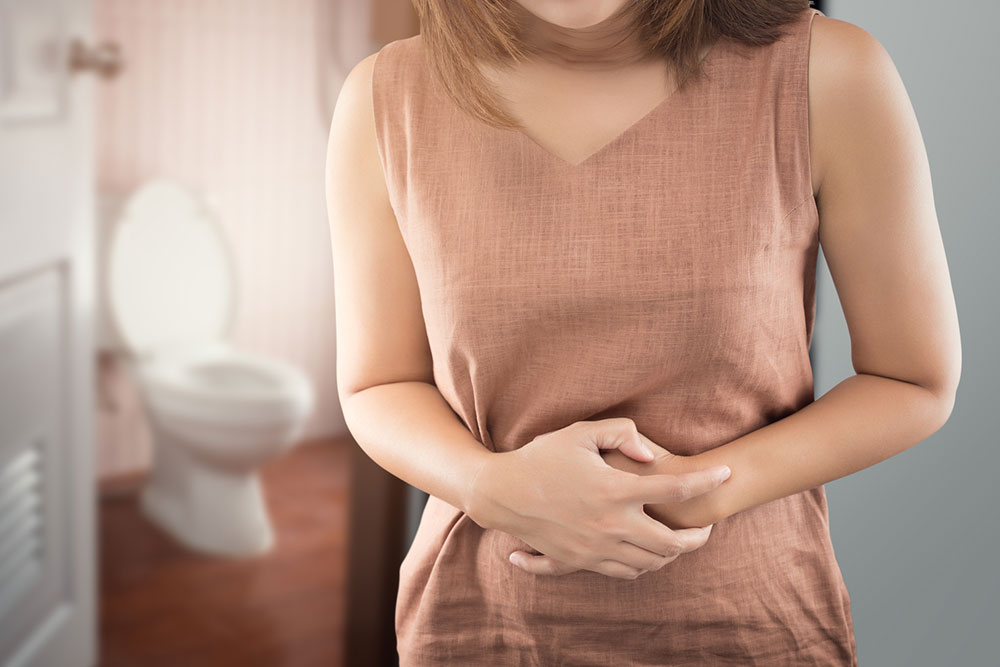Causes and Symptoms of Black Stools
Black stools are bloody or tarry stools that are dark red or black in color. The color of your stool is indicative of your health. Changes in the color of your feces occur during the initial stages of a health disorder. Usually, the causes and symptoms of dark stools are based on the nature of the health disorder or the food consumed.
The color of normal stools varies from medium to dark brown.

Causes of Dark Stools
Causes of dark stools are as follows:
- Food
Color and consistency of your stools are closely related to the food you consume. Intake of iron-rich foods like red meat may result in black stools. Pigmented foods like blackberries, black licorice, or blueberries may cause black colored stools. - Supplements and Medication
Iron supplements cause dark stools. People on anti-diarrheal medications may also have dark stools. - Health Disorders
Health disorders like stomach ulcers, food allergies, digestive tract problems or constipation may cause black stools. Bleeding in the upper part of the digestive tract also causes dark stool.
Symptoms of Dark Stools
The causes and symptoms of dark stools are closely linked. For example, dark stools due to iron medication may show symptoms related to dark color alone, but not any other symptoms like pain or cramps. Stools that are colored moderate to dark brown are normal. Dark-colored stools are either deep red to brown or black. Dark stools are characterized by the following symptoms:
- Black or tarry colored stools
- Constipation
- Changes in bowel habits
- Change in the smell of the feces
- Poor appetite
- Abdominal cramps or pain often accompany dark colored stools
- Discomfort and flatulence
- Indigestion and burning sensation with digestive disorders
Your stools indicate the type of food consumed, functioning of the digestive system, and other serious health conditions. The causes and symptoms of dark stools vary based on digestive issues, internal bleeding, and medications.




